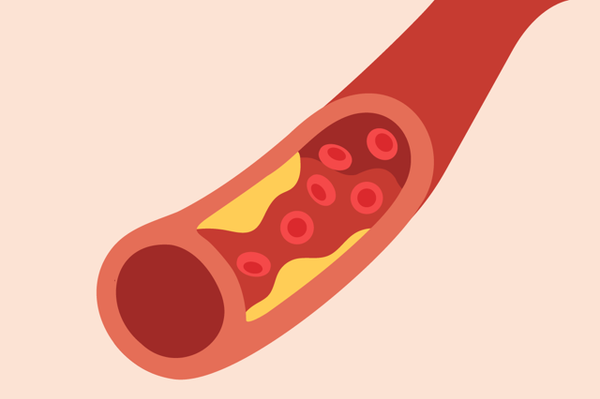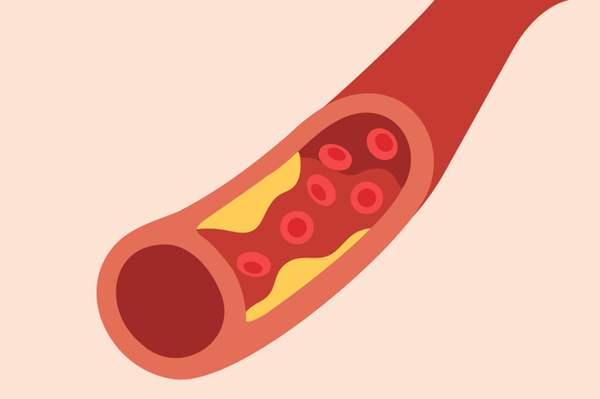If you have atrial fibrillation, or AFib, chances are your health care provider prescribed for you a blood-thinning medication known as an anticoagulant. In fact, during a recent HealthyWomen survey, sponsored by Boehringer Ingelheim, nearly 96 percent of the 520 AFib respondents diagnosed with AFib were prescribed blood-thinning medications.*
Blood-thinning medication is commonly prescribed for people with AFib to help reduce the risk of stroke. When you have AFib, the chaotic rhythm of your heart may cause blood to pool in your heart's upper chambers (atria) and form clots. If a blood clot forms, it could dislodge from your heart and travel to your brain. There it might block blood flow, causing a stroke. Blood thinners can lower your risk of a stroke.
While blood thinners are important for reducing stroke risk, they can contribute to excessive bleeding. In an emergency situation or in the case of life-threatening or uncontrolled bleeding, excessive bleeding can be serious, but this risk is reduced by using a reversal treatment.
Reversal treatments work to reverse the blood-thinning effect of blood-thinning medications. Ask your health care provider about reversal treatment options. A health care provider can administer a reversal treatment in an emergency situation and will restart the blood thinner as soon as possible after the emergency.
In our HealthyWomen survey, we found that 59 percent of women were not aware that there are reversal treatments for some blood thinners used to reduce the risk of stroke with AFib, so we want to help spread awareness for this important treatment option.
If you or someone you know has AFib and is taking a blood-thinning medication, here is must-know information:
- Ask your health care provider if there is a reversal treatment available for your blood-thinning medication in case you find yourself in an emergency situation, such as excessive bleeding that could be life-threatening.
- Ask your health care provider about available reversal treatment options.
- Your health care provider administers the reversal treatment.
- Using a reversal treatment does increase your risk of stroke and blood clots. To reduce the risk, your health care provider will restart you on a blood thinner as soon as possible after the emergency situation.
* A total of 935 respondents completed the online survey between October 30, 2017, and January 15, 2018. Of those respondents, 520 are diagnosed with AFib and 126 are caring for someone diagnosed with AFib.
This resource was created with the support of Boehringer Ingelheim Pharmaceuticals, Inc.







